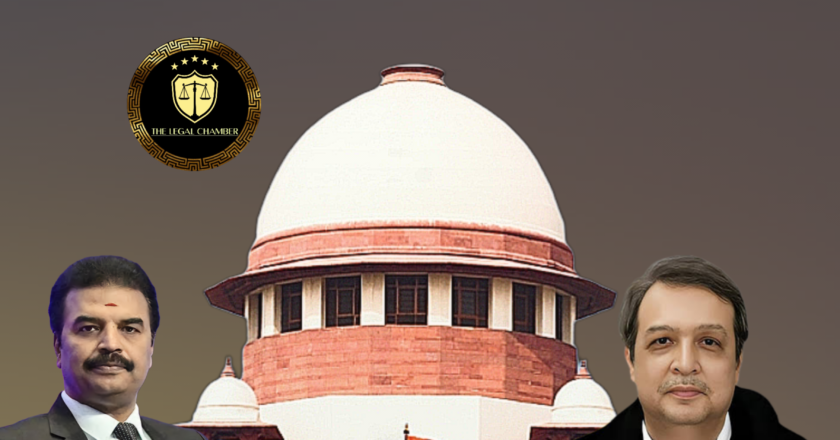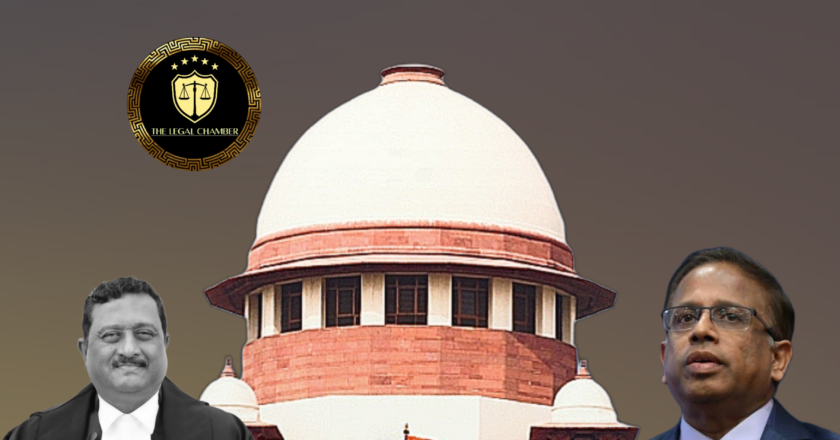Supreme Court : From Life Imprisonment to 20 Years Young Offenders Get Relief in POCSO Case
The Supreme Court of India granted leave to appeal against a High Court judgment dated April 26, 2024, which affirmed the conviction of appellants under various sections of the IPC and Section 6 of the POCSO Act, 2012, including imprisonment for life. While upholding the conviction, the Supreme Court partially allowed the appeals, reducing the sentence from life imprisonment (remainder of natural life) to twenty years of rigorous imprisonment based on Section 6 of the POCSO Act and considering the appellants' age and incarceration period.
Facts Of The Case:
Pintu Thakur @ Ravi and other appellants were convicted by the Additional Sessions Judge, Fast Track Special Court (POCSO Act), Ramanujganj, District Balrampur, in Special Sessions (POCSO) Case No. 36/2020. This conviction was subse...






